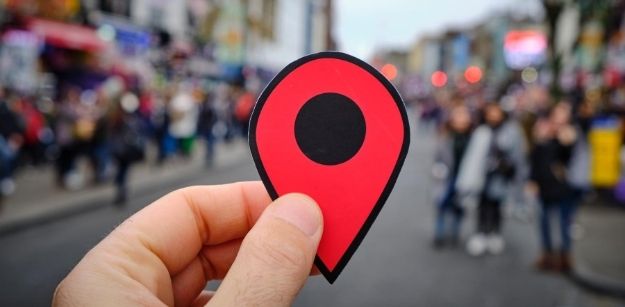In today’s highly interconnected world, privacy is highly valued by users, especially when there is a large amount of data being shared by them daily. This is especially important when smartphone devices and computers use Geolocation API to gather and send geographical data for users. The issue of user privacy has been growing in prominence and gaining attention from governments around the world. What are the most recent laws and regulations introduced to ensure user privacy is protected? Here are two you should know about.


The Geolocation Privacy and Surveillance Act
In the United States, lawmakers introduced the Geolocation Privacy and Surveillance Act (GPS Act), in 2013. It was focused on the commercial collection, use, and sharing of user geolocation data. It prevents businesses from gathering user data before obtaining consent from them. Even government officials require a warrant before attempting to collect geolocation data. Every violation of this act leads to $10,000 in damages.
The Online Communications and Geolocation Protection Act
Another bill that was also introduced in 2013 by the U.S House lawmakers was the Online Communications and Geolocation Protection Act. Compared to the GPS Act, this bill is more focused on government entities, and makes it clear that geolocation data can only be obtained through a warrant “based on probable cause”. Otherwise, no geolocation information may be intercepted or disclosed, except for purposes of electronic surveillance authorized by the Foreign Intelligence Surveillance Act.



